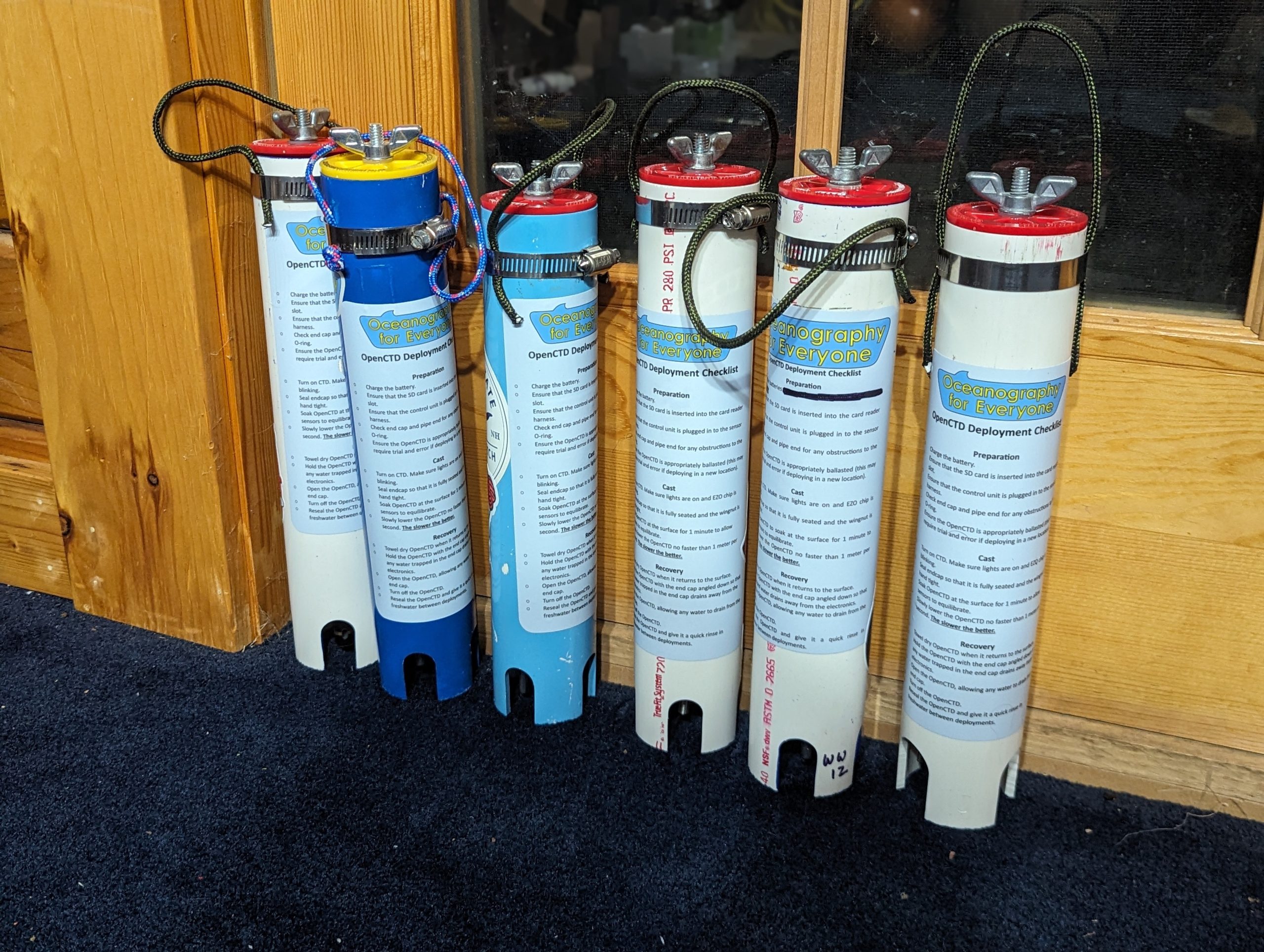Oceanography for Everyone – The OpenCTD
I believe that scientific research should have as few barriers to participation as possible. I believe that not only should the results of scientific research be freely available to the public, but that the tools–software, hardware, and expertise–of science should be made as accessible as possible. In many cases, this is not possible. A sequencer costs what a sequencer costs. Stable isotope analysis comes with a heavy price tag. A Ph.D. requires a massive investment in time and energy and subsequently comes with implicit authority over a subject matter. But where the gates can be thrown open, they should be thrown open.
The Ocean belongs to everyone. Above almost any other resource, the ocean is the common property of all humankind. The tools to study the ocean–vessels and instruments–are expensive, and this expense creates an unacceptably high barrier to entry for anyone interested in studying the ocean.
I genuinely believe that all ocean stakeholders–scientists, commercial fishers, recreational users, industry, conservation NGO’s, mariners of all stripes–have something valuable to contribute to our ongoing understanding of the ocean. For this reason, above all else, myself and a small team are building open-source oceanographic instruments that are low-cost and accurate enough for robust, scientific studies.
The first device, which has been mentioned numerous times here and elsewhere, is the OpenCTD.
Conductivity, temperature, and depth (CTD). With these three measurements, marine scientists can unlock ocean patterns hidden beneath the waves. The ocean is not uniform, it its filled with swirling eddies, temperature boundaries, layers of high and low salinity, changing densities, and many other physical characteristics. To reveal these patterns, oceanographers use a tool called the CTD. A CTD is found on almost every major research vessel. Rare is the scientific expedition–whether it be coastal work in shallow estuaries or journeys to the deepest ocean trenches–that doesn’t begin with the humble CTD cast.
The CTD is not cheap. Commercial CTD’s start at more the $5,000 and can climb as high as $25,000 or more.
We believe that the prohibitive cost of a CTD is an unacceptable barrier to open science. The price tag excludes individuals and groups who lack research grants or significant private funds from conducting oceanographic research. We want to make this tool–the workhorse of oceanographic research–available to anyone with an interest in the oceans.
We have reached the final week of our fund raising campaign, having raised slightly more than 50% of our goal, and we need your help. If you believe in open-source oceanography and open science, please consider donating to Oceanography for Everyone. Every dollar helps.
Together, we can explore the open ocean.
